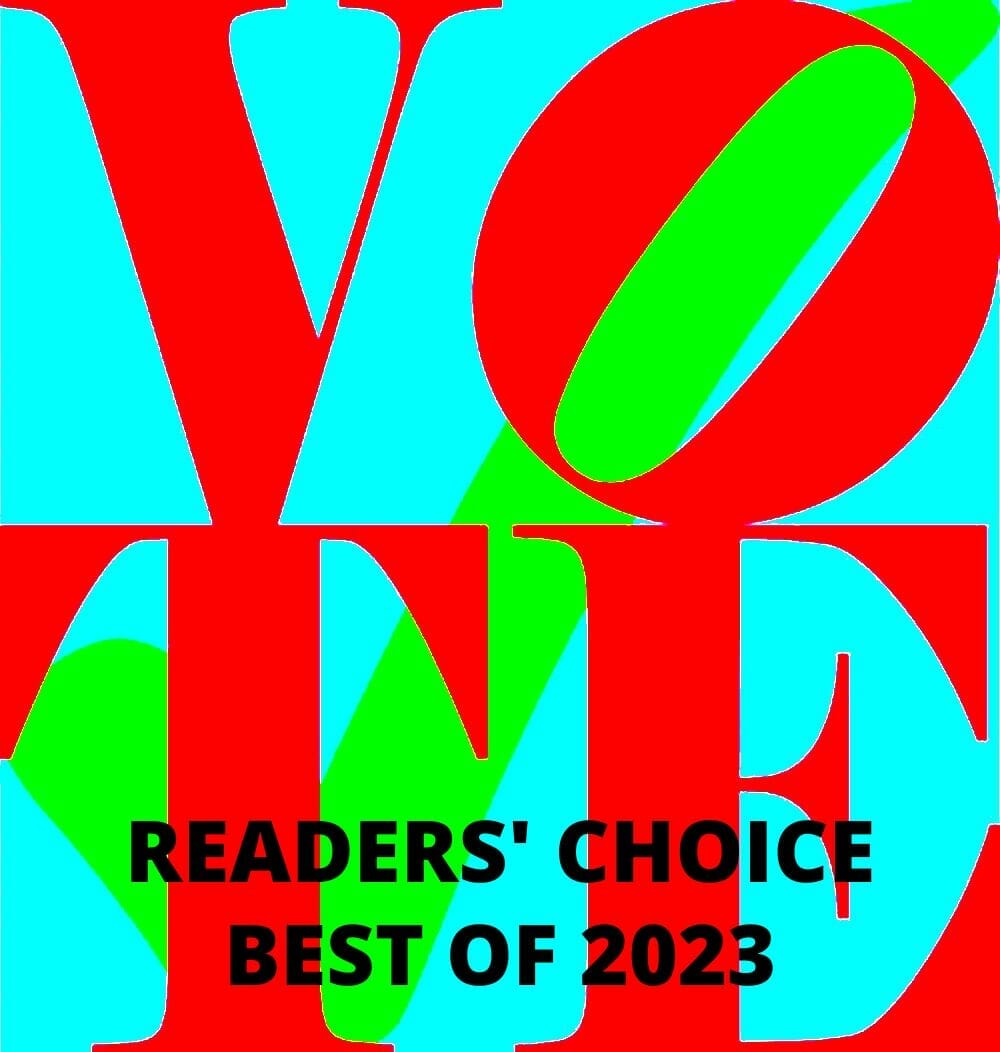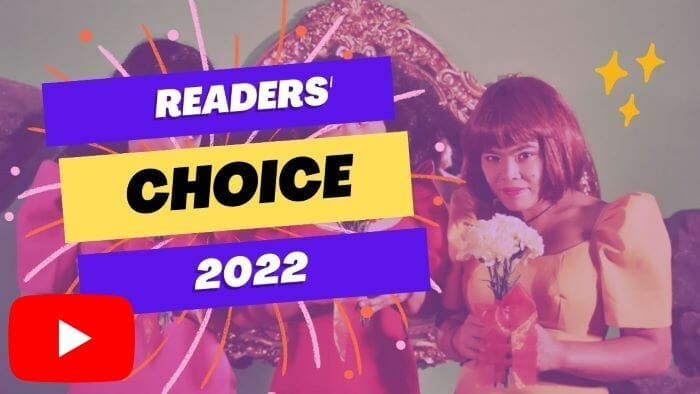A family of three sits on a mustard-yellow couch. The camera is leveled with them, facing straight ahead. They occupy most of the shot except for the door off to the right. Two women, a mother, and her young adult daughter sit nestled with a child between them, arms relaxed around each other. The only sound is the dialogue of the off-screen television until the other daughter, Milla, enters the frame. “I’m Off. God bless you, mother.” The family members offer no response. The mother and sister don’t even give acknowledgement with a glance of the eyes. Their gaze upon the television never wavers, and the tension becomes tangible. Milla might as well be invisible. Only the young child dares to look up at Milla but only for a fleeting moment. He begins to fidget around the couch, changing positions. Milla exits the house and the cold silence that dominates the room, only to run into her brother, who loudly expresses his dissatisfaction with her choice.
The City of The Future is a film about an unconventional family unit. The three main characters, Milla, Gilmar, and Igor, are all in a polyamorous relationship. With the revelation of Milla’s pregnancy, the three decide to raise the child together. The film explores the societal backlash the three face with their decision to be a family. From their family members, colleagues, and strangers, the three will face their peers’ cruel and sometimes violent judgment.
Milla sits across from her supervisor at his desk. Behind them, hanging on the wall, are various Spanish motivational posters and the sound of children playing off in the distance. She casts a defeated look down at his hands as he signs her termination papers. Her position as a dance instructor at the school has come to an abrupt end. “Don’t you care about the students?” “Yes I do, that’s why I’ve taken this decision.” he answers, avoiding eye contact with her. Cut to Milla in the school's restroom. Her face shows the weight of the last moment sitting heavy on her. The camera is positioned behind her as if the viewer is gazing into the mirror with her. The sound of children laughing and running water echo in the background. As Milla’s head moves, the reflection in the mirror shows MILLA QUEER BITCH scrawled on the wall in red lipstick.
OVID.tv Explores the Limits of Social Norms
Set in the Brazilian area of Serra do Ramalho, the natural surroundings of the film are just as much a main character as the humans, with panoramic, lingering shots capturing the surrounding nature’s expansive lushness and tranquility. Emotional scenes shared between the characters, such as a passionate moment between Milla and an unnamed love interest under a large tree in front of a river, present character dialogue complemented by the sound of running water, the buzz of insects in the grass, and the songs of birds in the sky. Groans of pain mixed with crickets chirping in the distance erupt in the night during a more violent scene.
The beauty of nature isn’t the only characteristic the location offers. The forced relocation of the older residents in the story contributes to a larger narrative of family trauma that haunts the entire area.
The City of the Future is a romantic drama directed by Cláudio Marques and Marília Hughes Guerreiro. Those interested in LGBT love stories, representation of different family structures, and rural life in Brazil will find this a delightful watch.
Cast:
Gilmar Araujo
Igor Santos
Milla Suzart
Creative Team:
Directed by Cláudio Marques & Marília Hughes Guerreiro
HIGHLY RECOMMENDED
Nominate this for The Picture This Post BEST OF 2023???
Click Readers' Choice!
For more information on this film and how to see it, please view the OVID.tv webpage for The City of the Future.
Images courtesy of OVID.tv










